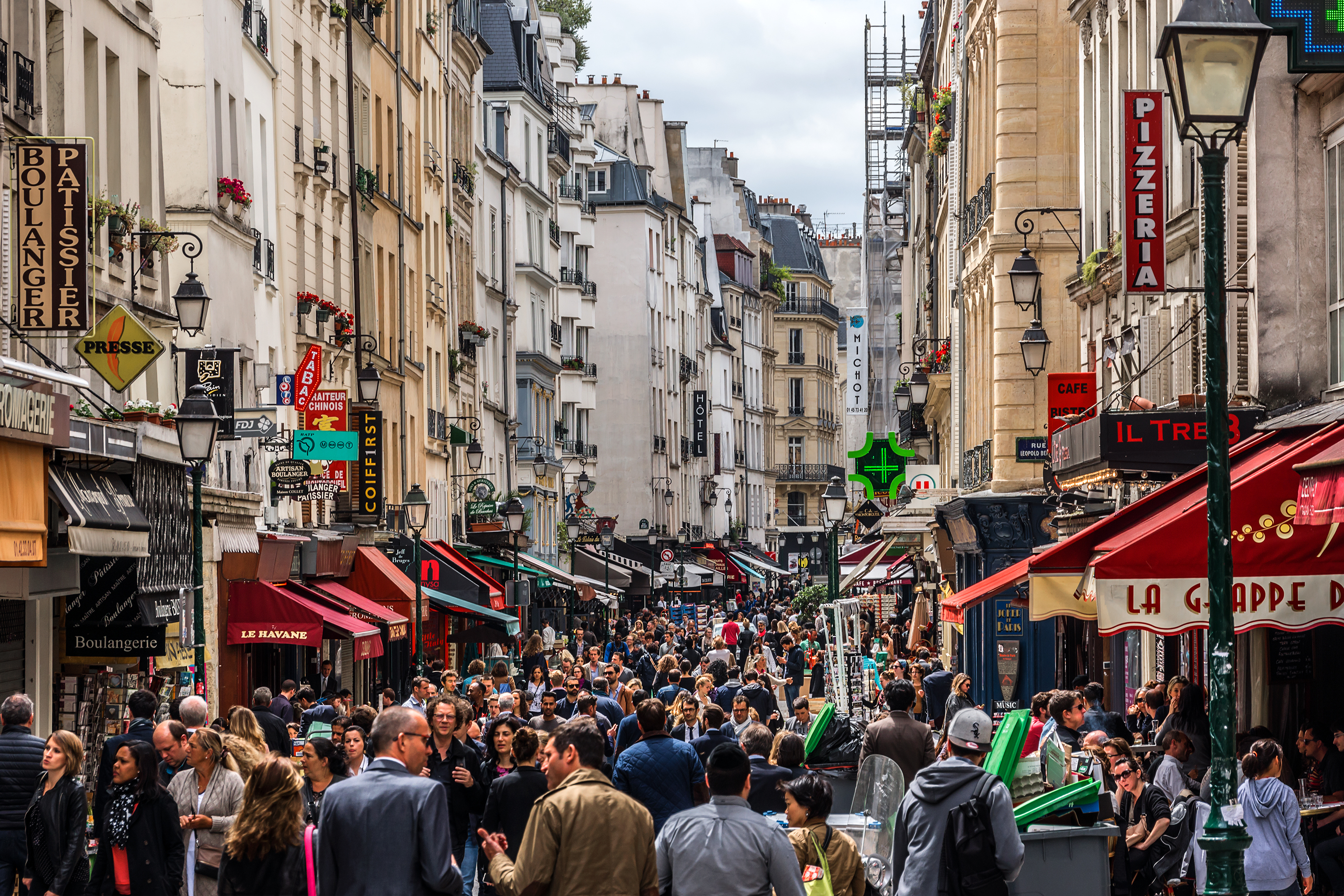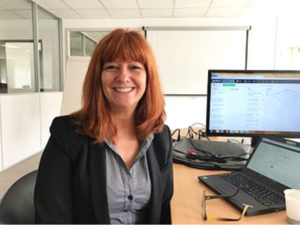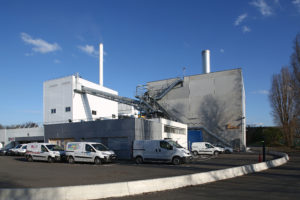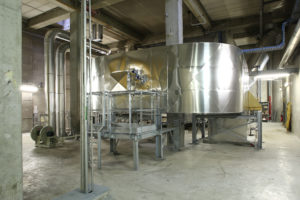
A Finnish bioenergy solution produces green heat in a Paris suburb
The suitability of district heating solutions for urban areas, and especially for large cities, is undeniable. In contrast, the use of forest-based biofuels in a big city may at first seem like a strange idea. The equation, however, works well in the Paris suburb of Saint-Denis.
KPA Unicon delivered a bioenergy plant in 2016 for production of district heat in the Saint-Denis suburb north of Paris. The plant is owned by Plaine Commune Énergie, a subsidiary of the French energy giant Engie. A global operation, Engie is also France’s largest energy company and seeks to actively reduce its carbon footprint by increasing the share of natural gas and renewable fuels in its energy production.
“The Engie Group also operates biofuels in other parts of France. In addition to the Saint-Denis plant, we have provided them with a bioenergy plant in Épinal, in the eastern part of France,” says Nathalie Royot, KPA Unicon’s country manager in France.

Saint-Denis is located 10 km from the center of Paris in the department of Seine-Saint-Denis. The biomass-fueled district heating power plant was built in a suburban area of approximately 100,000 inhabitants as an extension to an existing heating plant.

Satisfied customer and committed to the environment
The Engie Group has been satisfied with the operation and efficiency of the plant. The Group wanted to build a biofuel plant to increase the amount of green energy in the district heating network.
Prior to construction of the plant, the group informed the residents of the nearby area about the benefits of biofuel and no opposition was raised to the construction of the plant.
”On the contrary, the public sector of Saint-Denis and the whole region strongly supported the renewable energy bioenergy plant.”
“For example, at the opening of the district heating plant, a local school was prominently involved. The schoolchildren actively collaborated with Engie with illustrative work about biomass and its transformation into thermal energy,” Royot explains.
For the large Engie Group, the plant is an excellent reference. Especially when it makes France’s largest district heating network more environmentally friendly.

Good opportunities for further business
The choice of Finnish KPA Unicon as a supplier to the Parisian heating plant was not down to chance. The company has a long standing reputation as a supplier of reliable boiler plants. In addition, the innovative layout design enabled the preservation of existing buildings. The solution provided also meets the stringent environmental requirements of Paris and KPA Unicon had already delivered another plant to an Engie Group subsidiary in Épinal.
“We also gain a competitive advantage from being present here in the French energy market. In the foreseeable future our representation here is only strengthened,” says Royot.
The growth of the French unit, which now employs 14 people, is justified by the good market prospects.
”French energy companies are increasingly interested in the use of biofuels for both district heating and electricity production because they want to operate in a more environmentally friendly way.”
“We are currently preparing for next year’s projects and have just started a new project near Reims. This 45 megawatt boiler will be completed within a couple of years and will become an excellent reference in the French market,” concludes Royot.
Text: Johanna Haveri
Picture: KPA Unicon Oy



